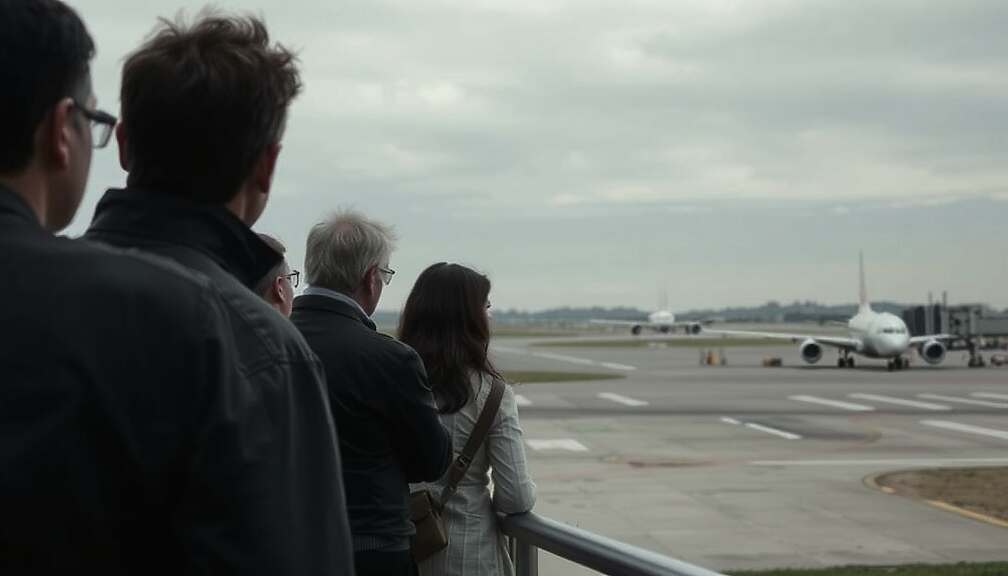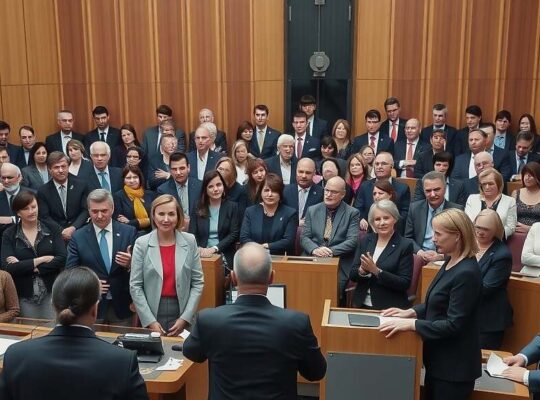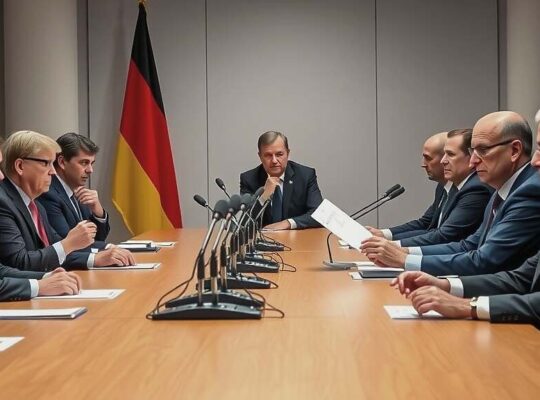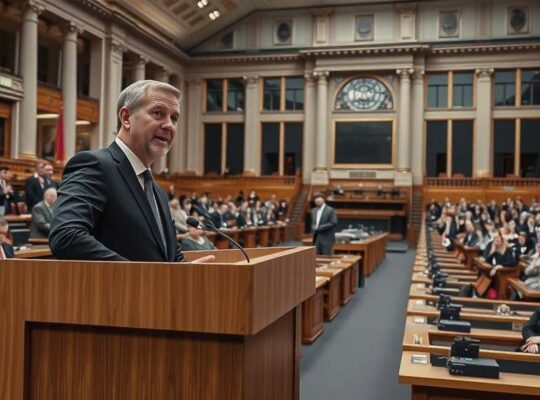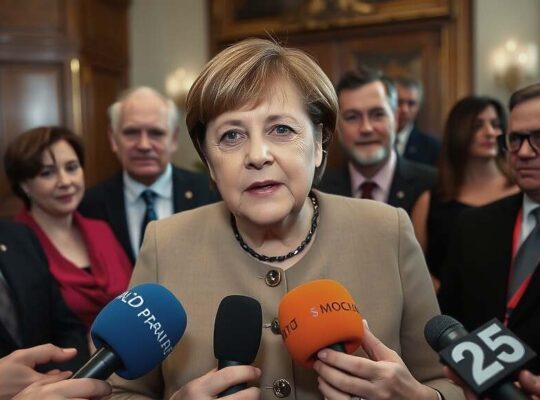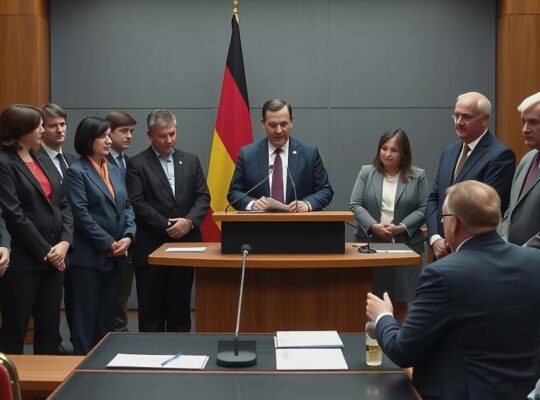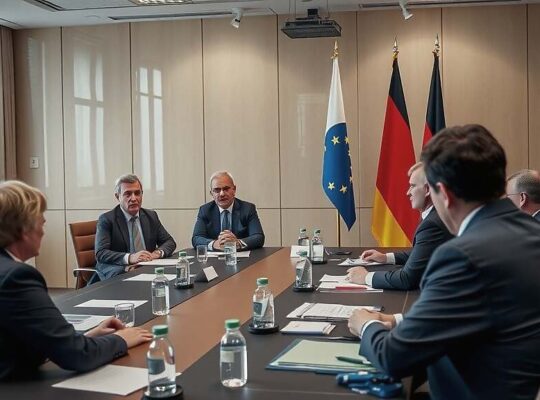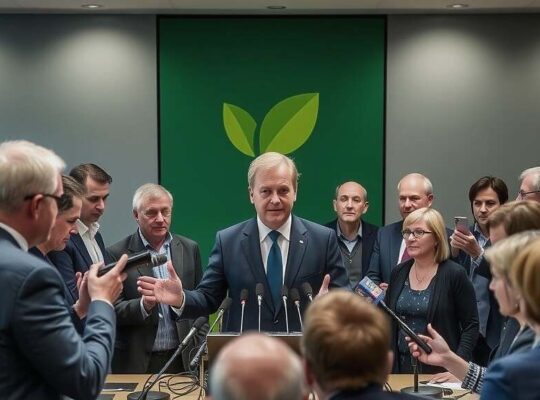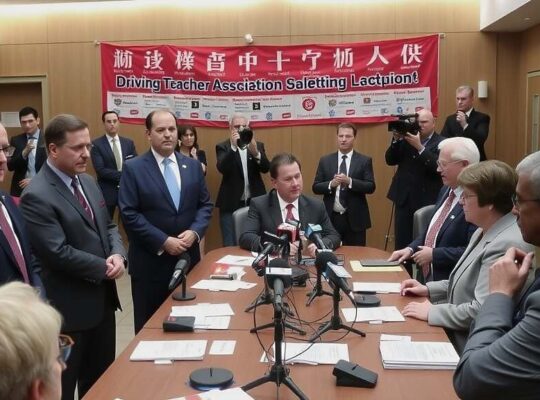Concerns are rising regarding the potential for drone-related security threats at critical infrastructure sites in Germany, following recent incidents at Copenhagen Airport. Members of the German parliament’s oversight committee for intelligence services have voiced apprehension about a growing risk, particularly citing Russia’s potential involvement.
Marc Henrichmann, chairman of the committee, highlighted in an interview with “Handelsblatt” that Russia is believed to be deliberately probing the resilience of various nations through targeted actions. He emphasized that airports, acting as crucial nodes in supply chains, are particularly vulnerable. There is a perceived need for enhanced capabilities and equipment to reliably detect and neutralize unauthorized drone activity.
Roderich Kiesewetter, a security policy expert within the Christian Democratic Union (CDU), acknowledged that German airports typically have existing protective measures. However, he cautioned that the escalating threat stems from Russia’s increasing deployment not only of reconnaissance drones but also of armed drones. He argued that private operators of critical infrastructure cannot solely bear the responsibility for defending against this rising frequency of drone incursions.
Kiesewetter has suggested declaring a state of tension, a measure that would clarify lines of responsibility and facilitate a more direct role for the German armed forces in safeguarding critical infrastructure. He advocated shifting the approach from primarily observational monitoring to incorporating more robust and proactive options for drone interception. The assessment is that Germany is a primary target for Russian drone incursions and other hybrid attacks and a more decisive and deterrent response is deemed essential to mitigate the anticipated increase in such activities.


